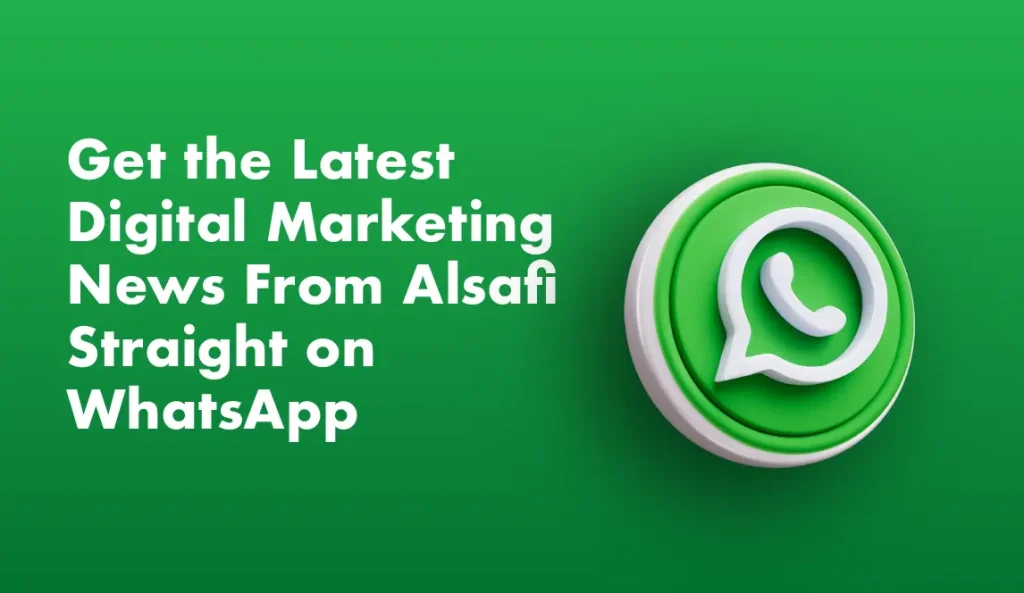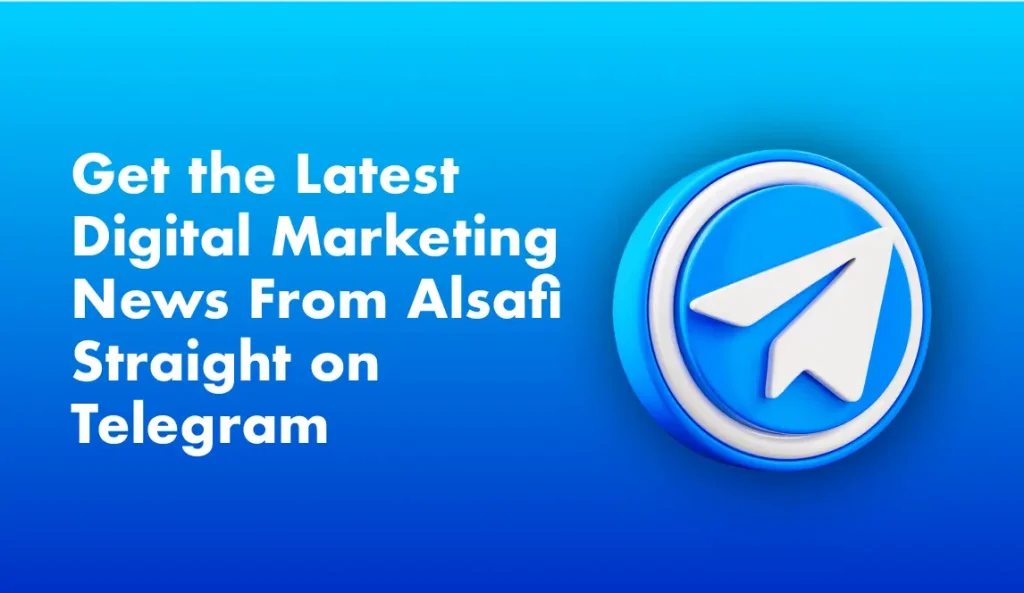OpenAI’s ChatGPT Introduces Web Search: A New Alternative to Google
OpenAI has launched ChatGPT Search, a new search feature directly integrated into its popular ChatGPT platform, marking a significant step in AI-driven search capabilities. Available to ChatGPT Plus and Teams users, this feature offers the ability to search the web in real time. Positioned as a competitor to search engines like Google, ChatGPT Search aims to provide users with quick, context-rich answers drawn directly from online sources.
This development is part of OpenAI’s ongoing transformation of ChatGPT from a language-only model into a versatile research assistant. Users can now trigger web searches either manually or by relying on ChatGPT’s AI to decide when a search is necessary. This setup is intended to give users more precise and timely information, from recent news to stock market updates, thus going beyond the static data limitations that have characterized previous versions of ChatGPT.
The Mechanics and Partners Behind ChatGPT Search
Built on an advanced GPT-4 model, the search functionality draws information from third-party providers, including Microsoft Bing and selected news sources. This approach allows ChatGPT to bypass the need for users to navigate separate search engines, integrating real-time data directly into conversations.
To protect content rights, publishers can choose to either opt in or out of ChatGPT indexing by using the “OAI-SearchBot” exclusion in their robots.txt file. Although some publishers, like The New York Times, have legal concerns regarding AI’s use of their content, others, such as Vox Media, view this as a way to expand their audience reach through OpenAI partnerships. OpenAI has also introduced structured results for specific data categories—such as weather and sports scores—giving users a more organized display of information for certain query types.
The Implications for Digital Marketing and Search Competition
This feature brings significant implications for digital marketing, especially for professionals who rely on Google for advertising reach and search visibility. ChatGPT’s ability to pull current information without needing a standalone search engine visit could impact Google’s advertising revenue, as users spend more time within ChatGPT. This change may alter the dynamics of search engine optimization (SEO) and digital ad placement strategies, particularly in regions like the Middle East, where digital marketing strategies often focus heavily on Google’s dominance.
For users in the Middle East, ChatGPT Search could open new avenues for accessing information while reducing dependence on traditional search engines. Marketers may need to adapt by exploring new content optimization strategies for platforms that integrate AI-driven search. Additionally, companies could find value in the visibility offered by aligning their content strategies with ChatGPT’s structured results format.
For a deeper dive into this topic, be sure to check out our OpenAI’s ChatGPT Subscription Prices Set to Rise for additional insights.
Key Takeaway for Marketing Managers
As ChatGPT Search gains traction, marketing managers in the Middle East should consider diversifying their SEO and ad strategies to include emerging platforms like OpenAI’s search interface. This could involve experimenting with content formats that align with ChatGPT’s citation and structured results system. OpenAI’s new search feature may ultimately broaden the reach of Middle Eastern brands targeting audiences increasingly engaging with AI-driven tools.
By staying informed and adaptable to this shift, marketers can leverage ChatGPT Search to maintain visibility while exploring new channels beyond Google and Bing, enhancing their brand’s reach in evolving digital spaces.



